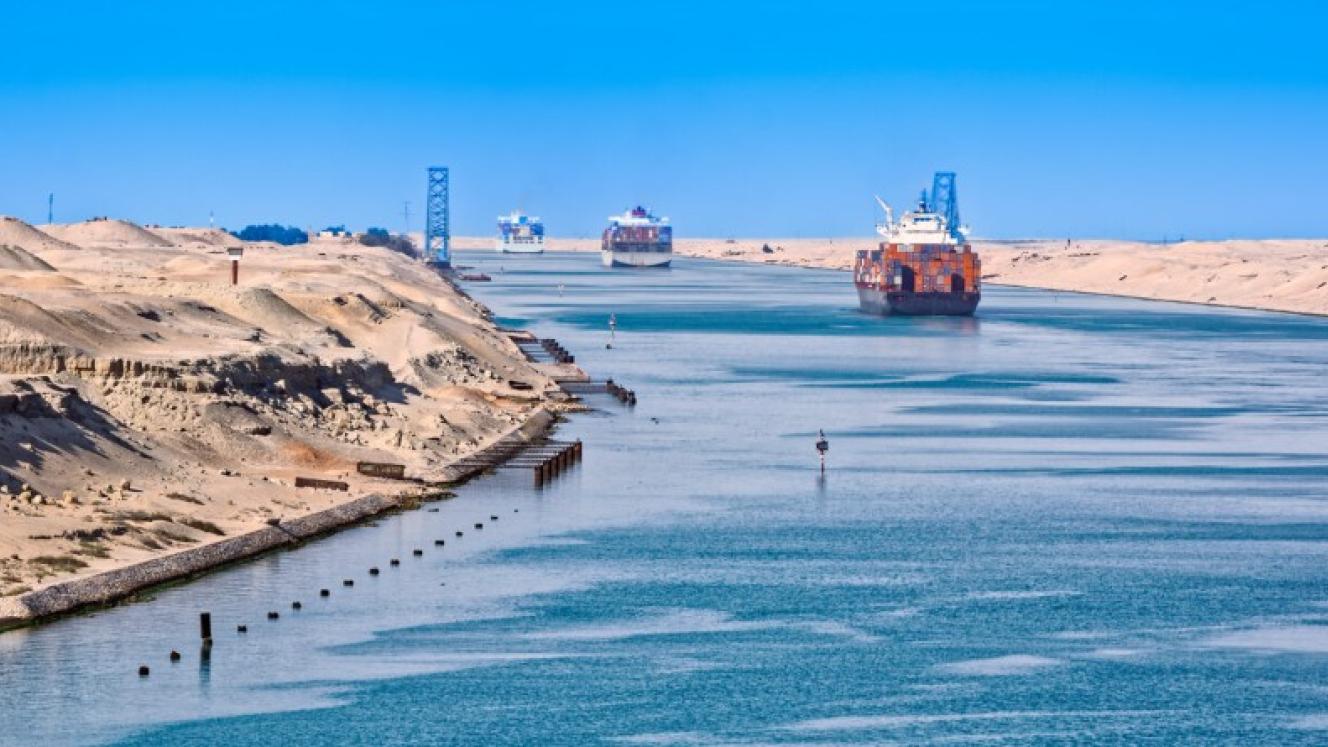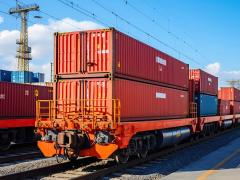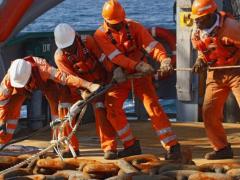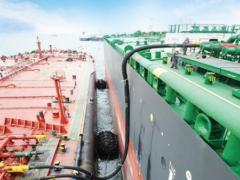Trade around the world remains under tremendous pressure in light of the ongoing uncertainty about the impact of the Omicron coronavirus variant on economies.According to Ben May, director of Global Macros Research at Oxford Economics, the increase in the number of global Covid cases during the past month has seen many analysts revising their global trade outlook for 2022.“The increase in the number of cases was on a scale far larger than what was considered when 2022 forecasts were being made in November. That, in itself, has brought disruption and uncertainty. Against this uncertain backdrop, we have lowered our baseline GDP forecasts. Global GDP growth is now expected to slow from 5.7% this year to 4.3% in 2022, down from a month ago.”He said the good news was that the sharp number of cases had not led to the same sharp increase in the number of hospitalisations, indicating that Covid was no longer putting the same amount of strain on healthcare systems as had been the case in the past.“At the end of 2021 we felt that Covid would become less of an economic issue and more solely a health issue, no longer requiring economies to lock down or institute restrictions to keep cases contained,” he said during an online presentation. “Omicron changed this outlook slightly although we did see that lockdowns were not implemented as stringently as with previous variants of the virus. There were also no blunt shutdowns to economies.”Disruption to supply chains, however, remained a major concern, he said.Quintus van der Merwe, a partner at Shepstone & Wylie, told Freight News that shippers were best advised to stay abreast of the challenges by having contingency plans in place.“The ongoing disruption to the supply chain brings serious risk. New travel bans and a zero-tolerance approach to new infections run the risk of shutting down production and export of goods. This, for example, has led to countries like the United States moving more towards localising the production of goods, instead of saving labour costs by sourcing production from other countries.”This, he said, would have a knock-on effect on trade around the globe as localisation increased across the board.Van der Merwe said in the current trading environment there was risk on all fronts. “Freight prices have inf lated to 10 times their pre-pandemic cost. This has led to an increased demand for containers. There is, however, a shortage of suitable container ships and many bulk carrier vessels are being used to carry containers. Without necessary modifications being made to these bulk carrier vessels, shipowners are exposing themselves to financial risk.“There is also an oversupply of vessels – the risk associated with this is that when demand wanes many of these vessels will need to be put in lay-up which could pose a serious financial cost to shipowners. Furthermore, there are also high costs associated with reactivating these vessels in the future.”According to May, there is still some hope, with growth expected to improve significantly in the second and third quarters of the year.“The rampant spread of Omicron, however, highlights that the economic outlook continues to depend on the course of the Covid virus.”According to Van der Merwe, it is thus imperative to be proactive this year. “Too many parties in the chain spend time pointing fingers or burying their heads in the sand, rather than taking proactive steps to solve problems and mitigate the effects of things that go wrong. Management is key in 2022.”
Economic growth feels Omicron sting
Comments | 0












